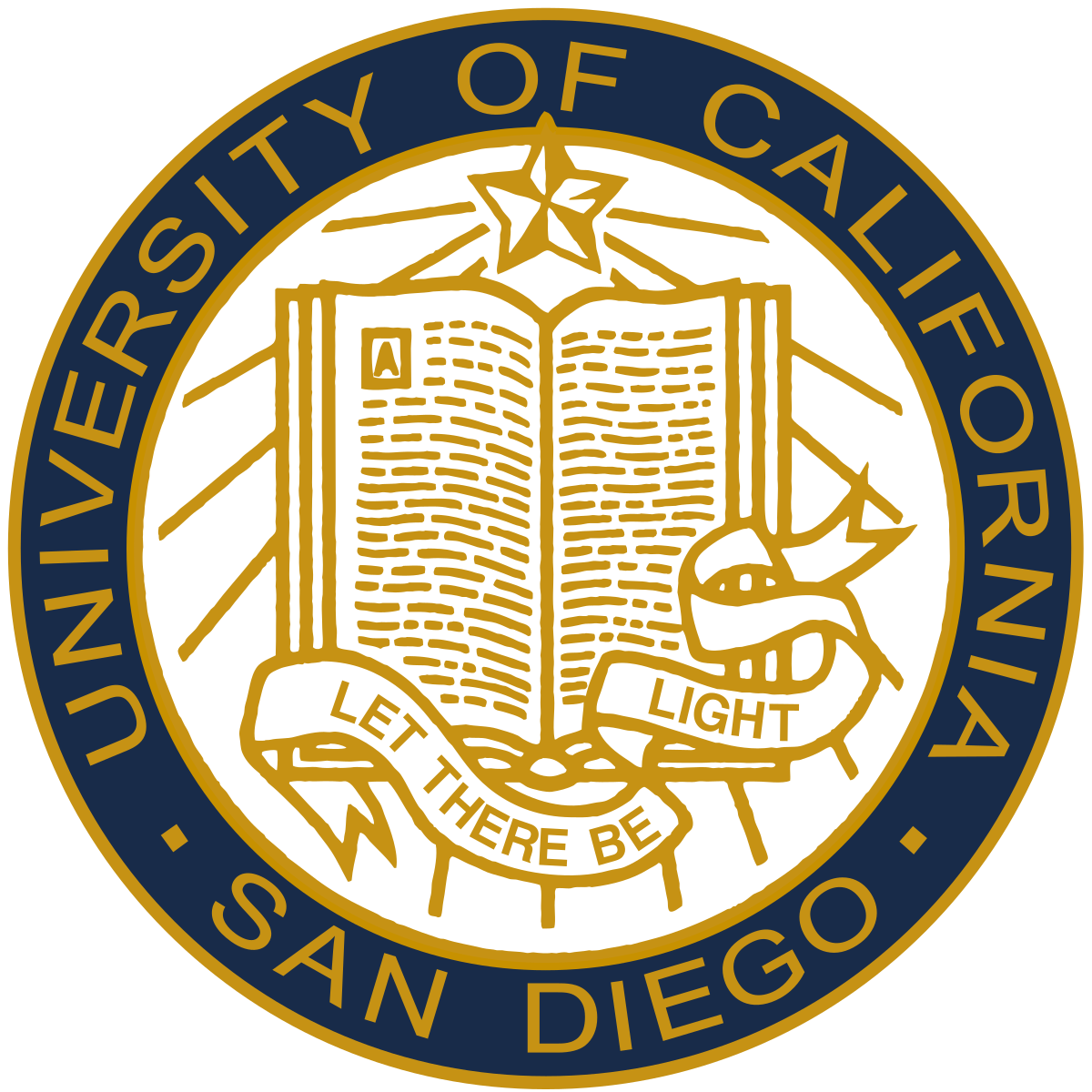UC San Diego: Two UC San Diego Professors Announced as Guggenheim Fellows
University of California San Diego professors Amy Adler and F. Akif Tezcan are among the 184 artists, writers, scholars and scientists announced as this year’s Guggenheim Fellows, awarded by the Board of Trustees of the John Simon Guggenheim Memorial Foundation.
The new fellows were chosen through a rigorous peer-review process of nearly 3,000 applicants, all proposing specific creative and research-based projects. The two UC San Diego winners will now use their fellowship to advance their work: a feature film documenting the struggles of a young couple who live with disabilities for Adler, and the development of protein-based materials that may help in future medical and biotechnological applications for Tezcan.
“A Guggenheim Fellowship is one of academia’s most prized and prestigious awards,” said UC San Diego Chancellor Pradeep K. Khosla. “To have two professors in two different disciplines recognized in this year’s class of fellows speaks to the breadth and depth of expertise found within our faculty.”
UC San Diego faculty members are often supported in their work by the foundation. In 2019, there were three Guggenheim Fellows selected from the university, and additional former fellows include Nicole Miller of Visual Arts (2018), Kiran Kedlaya of Mathematics (2014), Rae Armantrout of Literature (2008) and Gary Cox of Political Science (1995), among others. This year, artist and Visual Arts alum Crystal Z Campbell, MFA ‘10 will also receive the fellowship.
“The real winners are our students,” Khosla said. “Exposure to this level of creativity and innovative thinking translates into unique learning experiences that inspire success both inside and outside the classroom.”
Currently nearing the end of her service as Department of Visual Arts chair, Adler’s career as an artist spans 25 years and includes gallery and museum exhibitions worldwide. A multi-disciplinary artist working primarily in drawing and photography, Adler is also an independent filmmaker. In 2016, she released the highly acclaimed short film “Tear Jerker,” about a trans man struggling with the side effects of testosterone.
With the support of the Guggenheim Fellowship, Adler aims to produce and direct her first full-length feature film. The film is based on a true story of a young woman with cerebral palsy who falls in love with a woman living with spina bifida.
Set in a Mexican American community in Los Angeles, the film is a coming out and coming-of-age story that also “aims to illuminate the experience of navigating public space in a wheelchair and address the current climate of tension that exists for undocumented people living in this region,” Adler said. This is a very personal story for Adler, whose brother Ekiwah Adler-Belendez has cerebral palsy, and is a poet and disability activist who lives in Mexico.
“I believe this project has the potential to make an impact for people with disabilities who have stories that urgently need to be told and whose lives are underrepresented on screen,” she said.
Tezcan, a professor in the Department of Chemistry and Biochemistry, conducts research in bioinorganic chemistry and the design of protein-based materials. His lab works at the intersection of chemistry, biology and materials science in efforts to make new connections across those disciplines.
Through his Guggenheim Fellowship, Tezcan plans to work with his research colleagues on new types of materials that they recently developed called polymer-integrated protein crystals, or PIX. PIX have the unusual property of being strong and highly ordered, yet also self-healing and expandable. They plan to explore the potential of these materials in molecular encapsulation/delivery and biocatalysis for health- and biotechnology-related applications, and to provide fundamental molecular insights into protein-polymer interfaces.
“I am honored to receive a Guggenheim Fellowship,” said Tezcan. “It is a testament to the creativity, dedication and hard work of my students and coworkers who actually carry out the research.”
Since 1925, the John Simon Guggenheim Memorial Foundation has offered fellowships to exceptional individuals in pursuit of scholarship in any field of knowledge and creation in any art form under the freest possible conditions, the foundation said in announcing the 2021 fellows.
In addition to Adler’s award in Fine Arts and Tezcan in Chemistry, additional fellowship categories include American Literature, European and Latin American History, Linguistics, Engineering, Biology, Theatre Arts and Performance Studies, and Psychology, among others.
“A Guggenheim Fellowship has always been meaningful, but this year we know it will be a lifeline for many of the new fellows at a time of great hardship, a survival tool as well as a creative one,” said foundation president Edward Hirsch in an announcement. “The work supported by the Fellowship will help us understand more deeply what we are enduring individually and collectively, and it is an honor for the Foundation to help them do what they were meant to do.”

